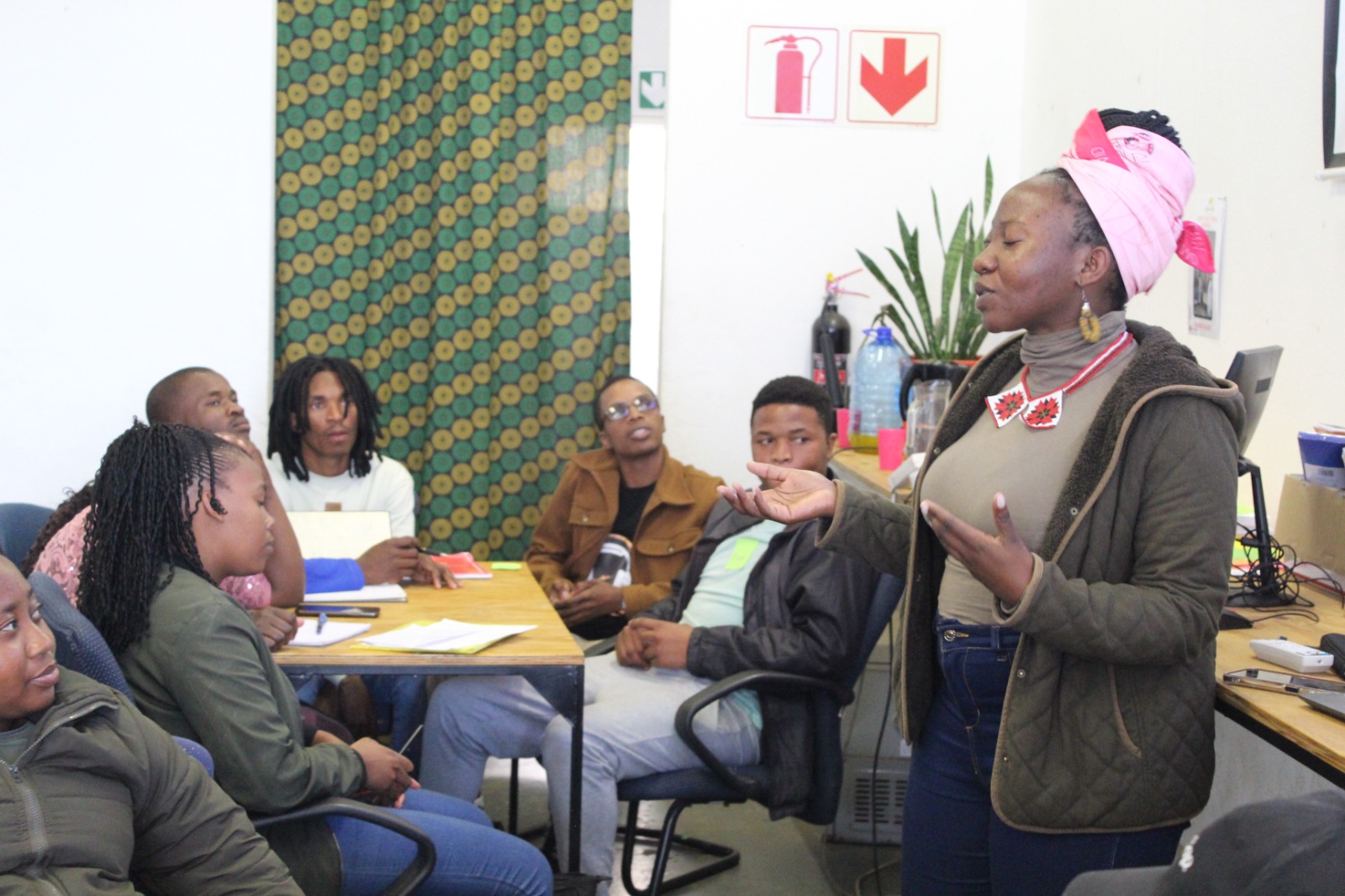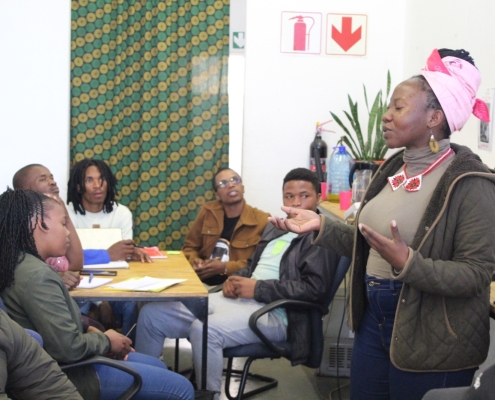Overcoming the Lack of Commitment to your responsibilities at work
In the lively environment of today’s workplaces, commitment to responsibilities is the foundation of success for both individuals and organisations. A lack of dedication, however, can ripple through a company, affecting not only output but also personal growth and career trajectory. Understanding why commitment decreases and how to reignite it is crucial for navigating the professional landscape.
One of the primary reasons for a dip in commitment often stems from a lack of clarity regarding one’s role and its impact. When employees do not fully grasp how their tasks contribute to the bigger picture, motivation can decrease. Similarly, feeling overwhelmed by an unmanageable workload or a lack of the necessary skills can also lead to disengagement. A toxic work environment, poor leadership, or a feeling of being undervalued are equally potent commitment killers.
The repercussions of this disengagement are far-reaching. For the individual, it can manifest as missed deadlines, subpar work, and strained relationships with colleagues and superiors. This, in turn, can lead to negative performance reviews, stalled career progression, and even job insecurity. Emotionally, a lack of commitment can breed feelings of guilt, stress, and dissatisfaction, eroding one’s professional confidence and overall well-being.
For the organisation, the collective lack of commitment can translate into decreased productivity, missed targets, and a decline in service quality. It can foster an environment of apathy, impacting team morale and making it difficult to achieve strategic goals. Ultimately, it can lead to financial losses and damage to the company’s reputation.
Overcoming this hurdle requires a multi-pronged approach. Individuals should proactively seek clarification on their roles and responsibilities, communicate openly with their managers about workload concerns, and identify areas where they might need skill development. Setting realistic goals, breaking down large tasks into smaller, manageable steps, and celebrating small victories can also help maintain momentum.
Companies, on their part, must foster a supportive and transparent environment. Clear communication of goals, regular feedback, and opportunities for professional development are vital. Recognising and rewarding contributions, promoting work-life balance, and addressing workplace issues promptly can significantly boost employee engagement and commitment. Ultimately, a committed workforce is a powerful asset, driving both individual and organizational prosperity.
At Likusasa Leftu, we focus heavily on youth empowerment through education, skills training, and mentorship to improve employability and entrepreneurship, call us on 78033230/79585564 or email info@likusasa.org.




Leave a Reply
Want to join the discussion?Feel free to contribute!